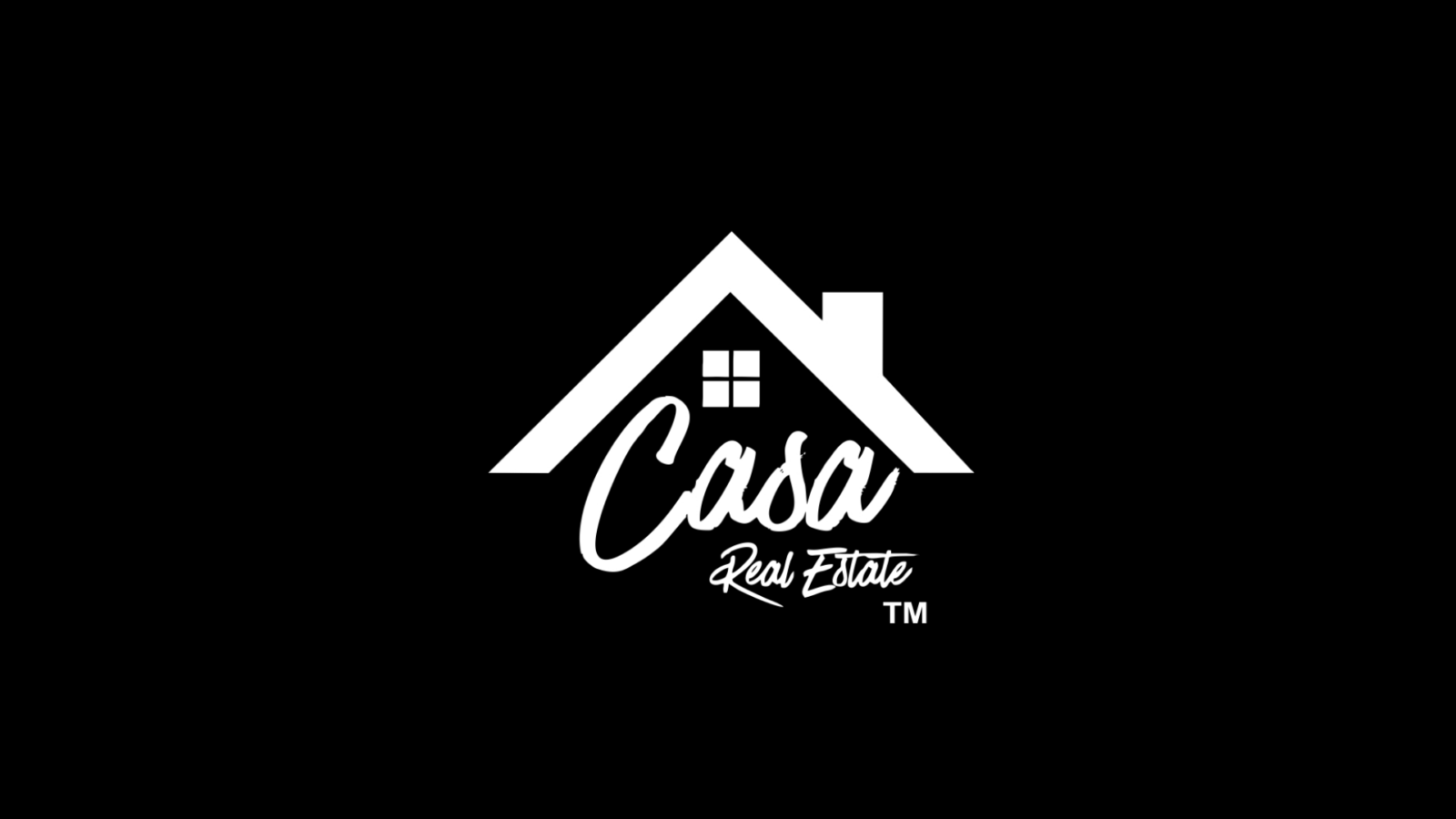It’s extremely important to know the ins and outs of real estate agents before you bring one along with you to help in your search for a home, just so you may know what to expect, and what will be expected of you.
Who a Real Estate Agent Is
You probably already know who a real estate agent is, but do you know exactly what they do?
In short, a real estate agent is someone who is licensed to list and sell real estate, implying homes, properties, etc. A realtor, however, is somewhat different.
An realtor is a member of the National Association of Realtors. Therefore, while an agent is always a real estate agent, a real estate agent isn’t always an agent.
How to Choose the Best Real Estate Agent for Your Needs
You may feel the urge to pick the first real estate agent who strikes you, but that’s something one should never do. The “Wow Factor” will simply wear off within a few minutes, even seconds.
Look for Proper Credentials
Would you trust a doctor who does not have credentials, or one that hides them? Probably not. So, why trust a real estate agent who does not present theirs, or doesn’t have them at all?
It’s easy to find real estate agents who can get the job done, but finding agents with special credentials, those who have gone that extra step to take additional classes in certain specialties of real estate sales, is hard.
Here are just a few credentials within real estate that you should be on the lookout for:
- Accredited Buyer’s Representative, or ABR – Completed additional education during representation of a buyer in his/her transactions.
- Certified Residential Specialist, or CRS – Completed additional training during the handling of residential real estate, such as houses and apartments.
- Seniors Real Estate Specialist, or SRES – Completed training during the purpose of helping sellers and buyers who are 50-years or more.
Similarly, if you stumble upon a real estate agent who is also a member of the NAR, the National Association of Realtors, it will be a bonus. However, make sure that they have at least one or two credentials that are relevant to your need(s).
Research their Licensing
Would you go to a doctor who does not have a proper medical training? No, you would not. So, why go to an agent who does not have a proper licensing?
Your state will have a license board for all active real estate realtors and agents, which you can easily access.
You will also be able to see their information, disciplinary actions, complaints, or any other information that you will need to help influence your decision, especially since most of the information is posted online.
Try and Track Down Some of their Recent Clients
Ask the agent to give you a list of all the sales they have made in the past year, and a couple of phone numbers for references. A good agent will do so, while a bad agent will give you excuses and essentially shoot the request down.
Ask the agent, before you call any of the numbers listed, whether or not the owners were pleased or disappointed with him/her. If the agent beats around the bush or does not give you a full answer, that tells you all you need to know.
Otherwise, call the numbers and inquire from them what the asking price as well as the final sales price were. It would also be a good idea to ask their previous clients about the properties they sold, if you are a seller.
This way, you can figure out the similarities between the properties that the agent sold and yours. After all, you will most definitely want an agent who specializes within the area of what you are selling.
Give Them the “What Else” Test
A good agent will know about all of the other properties that are for sale in the area. Also, a good agent always does his or her research regarding the events in the current market, and those that are out there for the taking. In short, you want an agent who is an expert of the current market, and also someone who always stays on top of things.
Typically, these awards are given to the agent or real estate agent who has made the most sales and commissions during a particular year. Therefore, you can trust how dedicated and serious they say they are because they have an award to prove it.
Research their Business Activity
Learning the type of market presence that a real estate agent has is the best way to figure them out. Ideally, you’re going to want an agent who has been in the business for at least 5 years, specializes in one or two real estate markets, and one who understands a particular price range.
You can unearth this information by asking them, or by asking the state licensing authority if you’re not comfortable with asking the agent directly.
Keep in mind that you’re better off with an agent who is engaged actively in one particular area and price range. For example, residential homes around the $100,000 range.
Check Out Their Current Listings
Once you know their area of specialization, check out the available current listings that they have.
Check out what they have on their own website as well as Realtor.com, which is a website that builds multiple properties for sale, known as the Multiple Listing Service, within an online database that you can search through.
The majority of buyers will start searching on the Internet. Therefore, if an agent does not have much of an online presence, or one period, then it’s best to move on.
Only the best agents will advertise themselves on multiple platforms, especially the Internet. You want an agent who will use every tool in the book to be successful.
The Basics of Buyers’ Agents and What They Do
If you’re buying a home and you’re going to need a buyer’s agent. These real estate agents will work day and night, as long as you listen to the advice listed above and find the best one for you, to ensure that all of your needs and requirements are met when it comes to finding the right home for you.
What Buyer’s Agents Do for You
Your buyer’s agent will have a vast knowledge of the current real estate market for the area, which will include neighborhood amenities and conditions, the law, zoning issues, price trends, negotiations, taxes, financing, and insurance.
Once you meet with the buyer’s agent, he/she will generally help you to determine what your needs and wants are when it comes to finding you a home and a neighborhood.
The agent will aid you in learning about what you can afford, setting a budget, give you some insight on the current conditions of the market, and explain to you what you should expect while shopping for a home.
In addition, he/she will help you find a suitable level of financing. During the shopping-for-a-home period, you will probably meet with your agent for tours of homes that you might be interested in.
They will give your insight into the floor plans, the pertinent selling points of the home, and the overall crime rate of that particular neighborhood. They will also give you the rundown for cultural activities, work centers, shopping centers, and schools that are close by.
Your agent is responsible for ensuring that inspections of the homes are complete, as well as the disclosures therein.
They are also in charge of ensuring that coordination and completion is done through the roof inspector, attorneys, lenders, and all other professionals who are involved with the purchase of the home.
If bargains need to be made over the price, you will not have to negotiate a thing. Your buyer’s agent will do all of that for you along with signing the final closing documents.
They will be present whenever you need to go through and sign any document so as to ensure that you are safe.
Dual Agencies – The Basics
Dual agencies occur when a buyer is being represented by a brokerage firm that controls the listing. Once an agent represents both the seller and the buyer within the same transaction, the situation is known as dual agencies.
In multiple states, this is illegal because of the conflict of interest that can arise in regard to the broker.
All agents hold the same responsibility, which is to inform their clients of all potential risks that may arise due to conflicts of interest. Legally, agents are not allowed to work on both sides of any transaction without consent from the clients.
For example, if you are selling your home, and you do not want an agent to be working with the buyer, it’s your right to say so in the listing agreement.
This is also true for the buyers. A buyer can get out of a buyer’s agency agreement, but only if their agent has a listing in which the buyer is interested in.
When it comes to dual agencies, there are actually quite a few pros for the seller, and they are as follows:
- Trust has already been gained with your listing agent, so representation for the buyer has already been established.
- Your agent brought you the buyer knowing that you are selling, even if your property has not yet hit the market.
- Your listing agent will already have covered and researched your neighborhood’s market to gain buyer inquiries, which means that your agent will be working from all sides of the deal to sell your house faster and with more incentive.
- Your agent works together with corporate relocation buyers who are in need of finding a house quickly, and they will ensure that it’s your house that is bought.
However, there are some cons when it comes to dual agencies, and they are listed below:
- You cannot be advised by your agent as thoroughly as you’d probably like when he or she has to act as a dual agent, because of the fast that impartial facilitation is indeed required.
- Your listing agent is not allowed to negotiate the best or highest price for you if you are also negotiating both best and lowest terms for the buyer.
- Earning a full commission, if the opportunity arises, may tempt the agent to coerce a deal which you might not accept otherwise.
- Your agent may inhibit all access to your listing through buyers with agents.
To avoid any surprises, or anything going wrong in general when going with dual agencies, always ensure that you properly represent and clarify your full relationship with your agent.
You can do this by using an exclusive buyer agency agreement, or a listing agreement. Even with dual agency, one cannot have too many surprises once everything is outlined there cannot be any surprises.
How Real Estate Agents Are Paid
In reference to the National Association of Realtors’ 2013 Profile of Home Buyers and Sellers, approximately 9% of homeowners opted to put their homes up for sale during 2012 without using a real estate agent or realtor.
A handful of “For Sale by Owner” transactions dealt with sellers and buyers who previously knew each other, or were related directly. 88% of the buyers chose to work with a real estate agent or realtor, on the buyer’s side.
Real estate agents and realtors, unlike professionals in different categories who bill by hourly rates or at the end of the project, get paid through a transaction at the end of each sale.
For example, if an agent has worked with a seller or a buyer for months at a time, they do not get paid for the time spent if there will be no transaction during that period.
Agents, based on the selling price of the home, receive a commission once the transaction goes through to settlement. This means that once all of the transactions prior to have been completed, the commission is then given.
The commission itself is negotiated, in most cases, between the client and the agent. Typically, an agent will earn a commission of 6% from the sale price, but some brokerages have discount commission discounts for the sellers that they work with.
Essentially, the listing agent and the buyer’s agent will split the commission, but that can bring forth some issues.
For example, sometimes the split may not be negotiated evenly. A seller could have agreed to pay a commission of 5.5% that if further divided, the buyer’s agent would receive 2.5% while the listing agent receives 3% of the commission.
Even though some agents are associate brokers, or brokers in general, from positions requiring licensing and extra training, all commission payments are instructed to go through to the broker who is managing the brokerage where the agent is working.
From there, the commission is then split to the agent and the broker according to the agreement that has been made. The split will vary, sometimes newer agents will earn a small portion of the commission compared to the experienced or successful agents who generally sell more expensive properties or homes.
Paying the Commission Itself
Based on technicality, the overall commission is paid for at the settlement period by the seller. The fee is taken from the proceeds of the sale of the home or the property.
However, the buyers pay the commission because they are literally paying to purchase the house, while the sellers take the commission for the agent into account during the process of determining the price for the listing.
From there, the commission is then divided during the settlement process between the buyer’s agent brokerage and the listing agent’s brokerage. Afterwards, the agents who are working the real estate sale are further paid by their brokers.
Knowing Real Estate
If you know all of the basics, and the technicalities with regard to real estate, you will have no trouble making the best decision on which real estate professional to hire, know what to expect, and how to go about transactions and deals, you will have the smoothest sale of your life.
Do you have any questions or comments? Please let us know below in the comments, we would love to hear from you.
 Jacob & Eunice Coronado are known for their heart to empower people and for being experts in the Real Estate & Financial Worlds. They are on a mission to empower people to become home owners, achieve financial freedom & to excel in life! Together with the help of their teams, they’ve empowered thousands of people to excel in life. Jacob & Eunice own multiple companies. Eunice is a well known Real Estate Agent in the Dallas / Fort Worth Metroplex.
Jacob & Eunice Coronado are known for their heart to empower people and for being experts in the Real Estate & Financial Worlds. They are on a mission to empower people to become home owners, achieve financial freedom & to excel in life! Together with the help of their teams, they’ve empowered thousands of people to excel in life. Jacob & Eunice own multiple companies. Eunice is a well known Real Estate Agent in the Dallas / Fort Worth Metroplex.
Follow us on all social media outlets:
Instagram: @jacobcoronado , @eunicecoronado & @casarealestatellc
Facebook: Jacob Coronado, Eunice Coronado & Casa Real Estate LLC
YouTube: Jacob Coronado


 Closing Process
Closing Process


